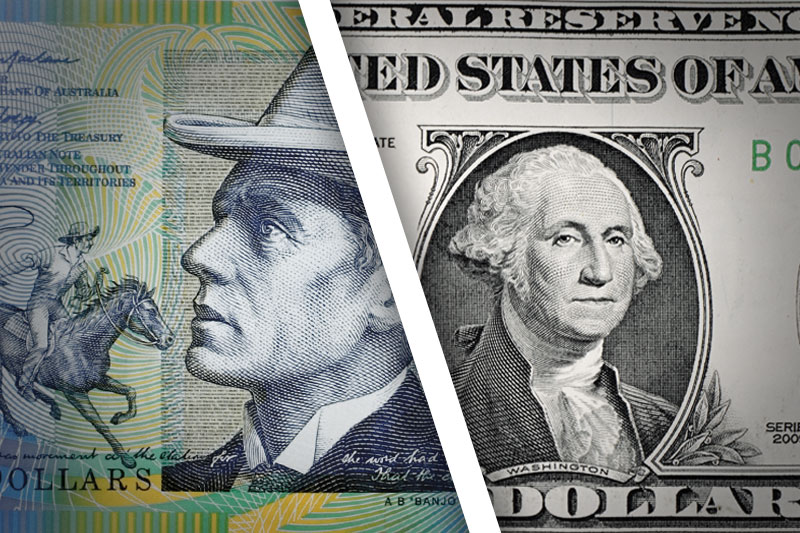Investing.com- The Australian dollar was lower against its U.S. counterpart and many of the other major currencies in Thursday’s Asian session on news Australia is unlikely to reach its goal of a budget surplus this year.
In Asian trading Thursday, AUD/USD slipped 0.12% to 1.0469. The pair was likely to find support at 1.0462, the low of December 11 and resistance at 1.0555, the high of December 17.
The Aussie dollar traded lower after Australia's Treasurer, Wayne Swan, said the government is unlikely to reach its previously announced goal of a budget surplus for the fiscal year ending June 30, 2013. Swan cited lower commodities prices, which have adversely impacted government revenue, as one reason the surplus may not be realized.
Swan’s remarks jibe with comments from ANZ Bank released during Wednesday’s Asian session. Citing declining investment in Australia's mining sector, high labor costs and a strong Australian dollar, the bank said the 2013 outlook for the Australian economy is soft.
Elsewhere, AUD/JPY fell 0.34% to 88.17 in what is one of the worst sessions in weeks for the Australian dollar against the yen. Ahead of a possible monetary easing announcement from the Bank of Japan, the yen was mostly higher against the major currencies in Thursday’s Asian session.
AUD/CAD dropped 0.09% to 1.0357 while GBP/AUD climbed 0.19% to 1.5534.
EUR/AUD added 0.08% to 1.2632. That pair has a torrid pace as of late. Just five weeks ago, EUR/AUD was hovering around 1.2169.
Despite a tepid third-quarter GDP report in New Zealand, AUD/NZD fell 0.15% to 1.2547. On Thursday, Statistics New Zealand said that New Zealand’s GDP rose 0.2%, below the 0.4% analysts expected.
In Asian trading Thursday, AUD/USD slipped 0.12% to 1.0469. The pair was likely to find support at 1.0462, the low of December 11 and resistance at 1.0555, the high of December 17.
The Aussie dollar traded lower after Australia's Treasurer, Wayne Swan, said the government is unlikely to reach its previously announced goal of a budget surplus for the fiscal year ending June 30, 2013. Swan cited lower commodities prices, which have adversely impacted government revenue, as one reason the surplus may not be realized.
Swan’s remarks jibe with comments from ANZ Bank released during Wednesday’s Asian session. Citing declining investment in Australia's mining sector, high labor costs and a strong Australian dollar, the bank said the 2013 outlook for the Australian economy is soft.
Elsewhere, AUD/JPY fell 0.34% to 88.17 in what is one of the worst sessions in weeks for the Australian dollar against the yen. Ahead of a possible monetary easing announcement from the Bank of Japan, the yen was mostly higher against the major currencies in Thursday’s Asian session.
AUD/CAD dropped 0.09% to 1.0357 while GBP/AUD climbed 0.19% to 1.5534.
EUR/AUD added 0.08% to 1.2632. That pair has a torrid pace as of late. Just five weeks ago, EUR/AUD was hovering around 1.2169.
Despite a tepid third-quarter GDP report in New Zealand, AUD/NZD fell 0.15% to 1.2547. On Thursday, Statistics New Zealand said that New Zealand’s GDP rose 0.2%, below the 0.4% analysts expected.
